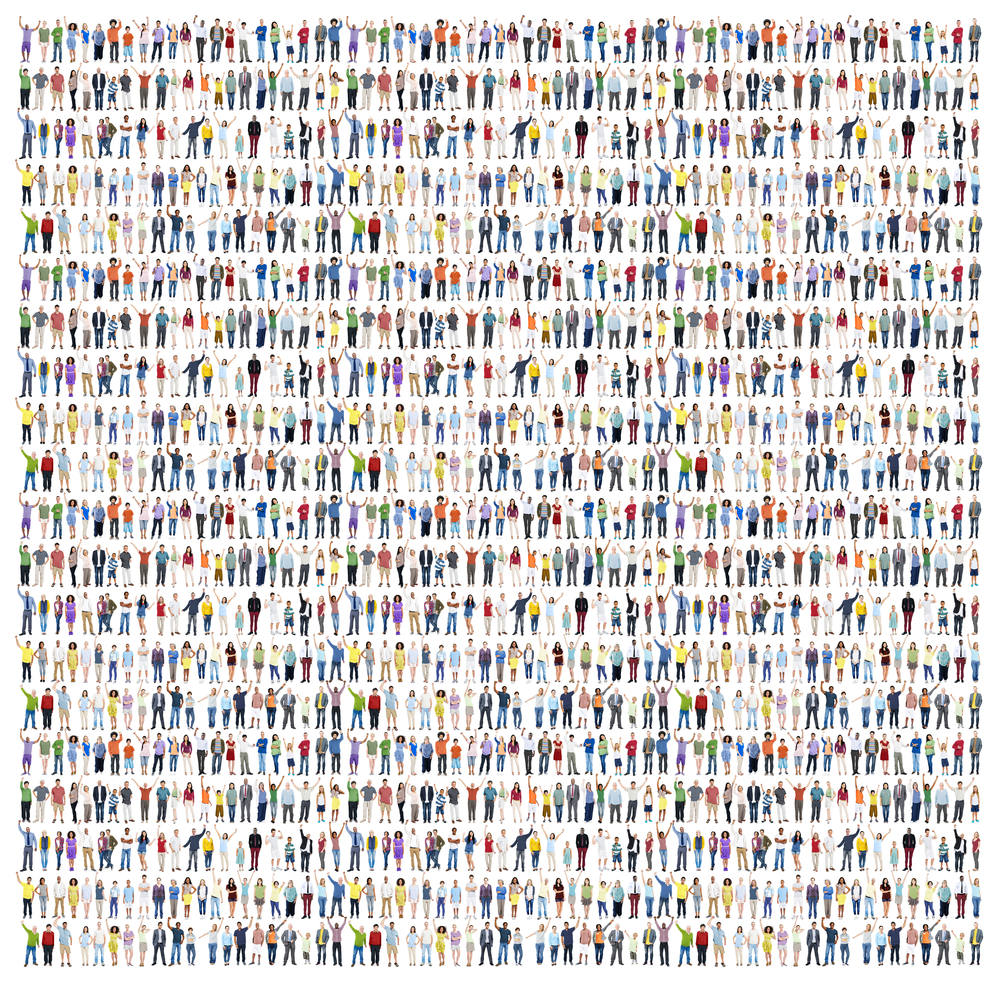The term “access to care” is thrown around a great deal these days. Dental healthcare providers seem to be OK with the idea of increasing access to care, but when it comes to actually doing anything about enhancing access to care, we are, at best, apathetic, and at worst, protectionist. This is unacceptable.
We dentists have a duty to serve our patients and the public at large. We are not peddlers of merchandise or some service monger who will do whatever it takes to make a buck. We are doctors who derive a great many benefits from the position and status afforded us by society at large. These privileges do not come without strings. Unlike our fellow citizens who are free to pursue unencumbered selfinterest, we are obligated to help our fellow human beings live better, fuller, and longer lives by sharing what we know and what we do with them—all of them!
Yes, doctor, you worked hard and earned your degree. Yes, you deserve to make a great living. Yes, you provide a valuable service. And, yes, we live in a free market economy. However, none of these facts preclude you from doing your part to enhance access to care. I would encourage all dentists and dental specialists to offer free dental services at least once a month in your offices if you want to make a real, positive impact in your community, but that’s not enough.
What I have in mind requires far less physical exertion and will have a much greater impact when it comes to increasing access to dental care. All you need to do is open your mind, put the dental health of all Americans ahead of your wallet, and begin thinking of how nontraditional providers, services, and venues can be utilized to massively expand access to dental healthcare.
We dentists are, first and foremost, healthcare providers. More healthcare, more providers, and more access to care are always good things despite your desire to protect your turf. If we take this position—as individual dentists and organized dentistry should—we will support the adoption and utilization of midlevel providers (MLPs), we will understand that dentistry is moving toward the medical model, and that stand-alone dental offices may not be the best models in all situations. State dental boards will stop trying to limit the number of dentists to inhibit competition and will, instead, look after the needs of their underserved citizens. We will understand that companies such as SmileDirectClub are the Uber of elective, noninvasive dental procedures, and that the entire industry will be moving that way. We will embrace innovators like Amos Dudley, who will help us utilize the ever-advancing computer modeling and 3D printing technology to change our world for the better in ways we cannot yet imagine.
This is what we should do.
Unfortunately, I don’t hold out much hope for a paradigm shift among dentists, state dental societies, or national dental organizations. Shame on us. We dentists demand all the trappings and respect that come with being a “doctor,” but we have systematically shirked our responsibilities and ignored our duty to the very people who permit us to enjoy all the things we believe we are entitled to.

